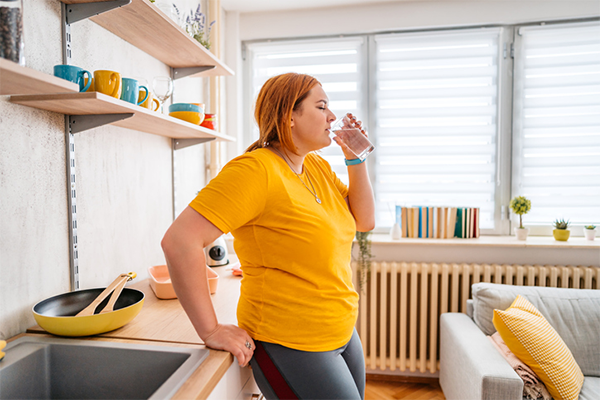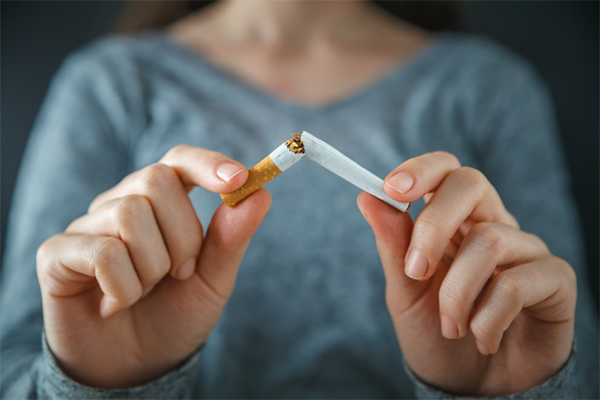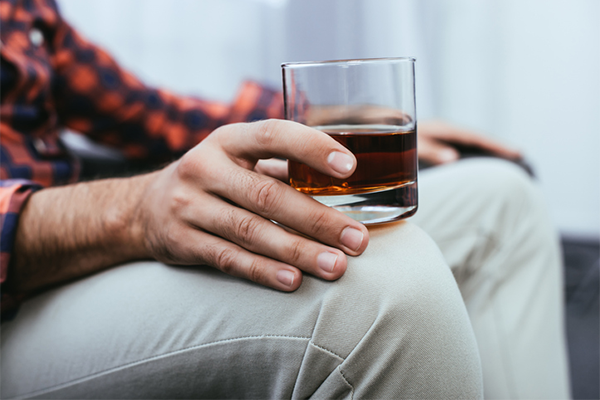12 Smart Ways to Boost Your Energy Now

Do you ever wake up in the morning feeling already burned out, wondering how to get more energy for the day ahead?
And even when we supposedly “gain” an hour every year with Daylight Savings, research shows most of us don’t take advantage of the opportunity to log any extra zzzz’s.
Whether you’re wondering how to feel less tired, zap seasonal affective disorder, or defeat daylight savings time, we have some invigorating tips supported by science.
1. Eat Breakfast
Sure, we’re all rushing to get out the door in the morning, but doing so without food will just slow you down.
Harvard Medical School notes that breakfast helps replenish blood sugar that’s normally low upon waking; skipping breakfast, they say, can steal from our energy reserves (and you need all you can get).
Some suggestions for good breakfasts: whole grains and lean protein (like eggs, organic tempeh, or yogurt). Another goodie: A bowl of high-fiber cereal topped with fresh fruit and some reduced-fat or organic soy milk.
For you do-it-yourselfers, check out these super seed bars, packed with energizing ingredients.
2. Laugh

A good hearty har-har is worth striving for: It not only feels great, but it can increase your energy by reducing stress, which is a vitality vampire. Just anticipating a belly laugh can diminish the levels of three stress hormones — cortisol, epinephrine (a.k.a. adrenaline), and dopamine, says research.
Maybe it’s time to take a hiatus from more serious things (um, perhaps skipping the news?), cue up your favorite episode of The Office, and yuk it up.
3. Use Caffeine… Wisely
Strategic use of low and moderate doses of caffeine, like the amounts in a regular cup of coffee or Beachbody Performance Energize, have been shown to promote alertness, vigilance, snappy reaction time, and attention.
Just make sure you cut yourself off at least eight hours before bedtime to avoid disrupted sleep.
4. Get Outside
It’s hardly surprising that sitting behind a desk in an office with overhead florescent lighting can make you feel less than energetic. You need some fresh air!
Besides exposing you to vitamin D, which for some can be a mood enhancer, connecting with nature can help us to feel more energized, according to a series of studies published in the Journal of Environmental Psychology.
5. Hydrate

An energy boost may be no further than a glass of H20: Even mild dehydration can sap your energy, according to a study published in the British Journal of Nutrition.
Be especially conscious of hydrating if you exercise in hot, humid conditions or at high altitudes, says the Mayo Clinic, which adds that since dehydration is cumulative over a few days, even a moderate exercise routine can put you at risk if you’re not drinking enough to replenish what’s lost on a daily basis.
6. Take a Quick Nap
Rather than reaching for the nearest caffeine fix, take a quick snooze, which can stave off your sleepiness and give you an energy boost.
To avoid grogginess, limit your naps to less than 30 minutes, suggests the National Sleep Foundation.
Can’t or don’t want to nap? Research finds that getting up and moving around can make you feel more energized, as well.
7. Exercise Regularly
You might be too exhausted to exercise, but knowing this could get you off the couch: Research from the University of Georgia shows that as little as 20 minutes of low-to-moderate aerobic exercise just three days a week for six consecutive weeks helps to boost energy.
A fitness program like Job 1 is designed to help you build stamina and improve your energy with 20-minute workouts.
8. Kick Cigs

Fatigue has been directly associated with smoking, making cessation an imperative not only for cardiopulmonary health, but also your energy levels. While cigarettes provide an initial stimulus when smoked, their energizing effects quickly fade, requiring more to sustain the rush.
Over time, the effects of smoking can even result in muscles that are weaker and less fatigue-resistant. So toss the cigarettes, and not only will you become more kissable, you’ll have more energy to do it.
9. Cut Added Sugar
They call it a “sugar rush” for a reason: Not unlike with cigarettes, there’s an initial surge of energy, but moments later you’re left feeling more tired than you were before you consumed it. Added sugar is the culprit in a host of unwanted physical and mental conditions, not least of which is fatigue.
Make sure the bulk of sugar you consume comes from whole foods — which combine additional nutrients can mitigate its potential negatives — and limit the soft drinks, processed foods, and sweets in which added sugar abounds.
10. Get Enough Magnesium
This essential mineral is involved in a number of processes that affect feelings of fatigue, including oxygen uptake and energy production — and if you work out regularly, you could have a marginal deficiency.
According to researchers, magnesium lost as a result of intense exercise can increase your daily requirement of this electrolyte by 10 to 20 percent. Focus on foods that are high in magnesium or increase your intake with a supplements like FIRST THING, which can provide healthy energy and defend against stress.*
11. Can the Booze

Alcohol can tax you two ways: It’s a sedative on its own, causing lethargy and drowsiness when consumed, but drunk close to bedtime it can also disrupt sleep quality, putting you at an energy deficit the next day too.
In fact, alcohol may account for 10 percent of cases of persistent insomnia, according to Harvard Medical School. So, curb your consumption, especially at times when you’re already feeling sluggish or need to be especially bushy-tailed.
12. Soundtrack Your Life
Music is a definite energy enhancer, especially if it’s paired with a workout. One study found that listening to high-energy music, particularly music that’s out of synch with the activity, increased maximal power output. Another study found that listening to music counteracts mental fatigue similar to doing physical activity.
